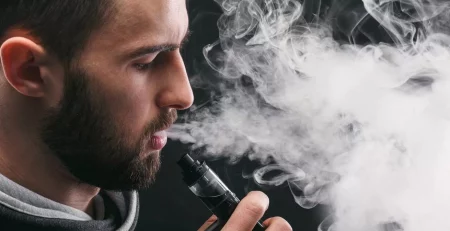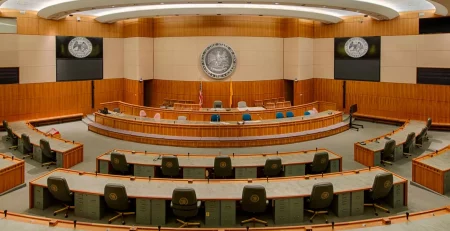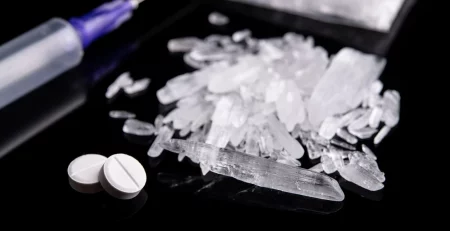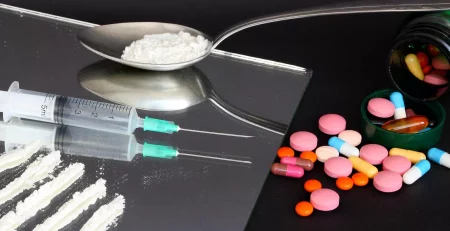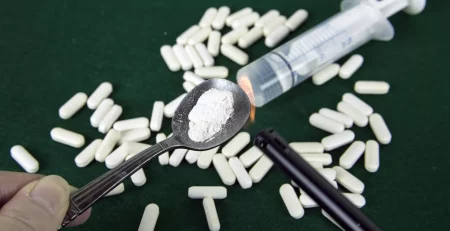Coolio Overdose: The Real Story
From Gangsta’s Paradise to a Tragic Death
On September 28, 2022, the hip-hop rapper Coolio died from an accidental drug overdose. He was found dead at his friend’s home in Los Angeles, a city well-known for its history of drug and alcohol abuse.
As a gifted artist, Artis Leon Ivey Jr. produced one of the most successful rap songs “Gangsta’s Paradise” as part of the soundtrack for the film Dangerous Minds, starring Michelle Pfeiffer. He later went on to win a Grammy award for best rap solo performance for the song in 1996.
The opening track “Fantastic Voyage” for his It Takes a Thief album has also made waves, with this brilliant song securing the No. 3 spot on the Billboard Hot 100 in 1994. Coolio maintained his popularity up until death, performing one of his last shows at the music festival Riot Fest just two weeks before his passing.
Despite the famed songs and various other musical feats achieved by this rapper, his death goes to show that addiction spares no one. Unfortunately, Coolio’s death is just one of many that have occurred across the nation as a result of accidental overdose.
Keep reading to learn the details behind the gifted musician’s tragic death, and to find help if you or a loved one are struggling with substance use!
How Did Coolio Overdose?

A coroner’s report obtained from the Los Angeles County coroner’s office shows the cause of death revealed to be a result of the effects of fentanyl, heroin, and methamphetamine in his system.
The report also showed that Coolio had other conditions like asthma and cardiomyopathy, a condition that affects the heart muscle and can lead to heart failure, which may have contributed to his untimely death.
When doing a search of his friend’s house, three bags of drugs – including one containing a “brown powdery substance”- , a foil with burnt residue, and other drug-related paraphernalia were found at the scene, further supporting the fact that the rapper died from an overdose. Ultimately, the coroner’s office deemed his death accidental.
However, as opioid and fentanyl overdose become increasingly common across the country, it is important to remember that there is a culprit behind how the Gangsta’s Paradise rapper died: addiction.
24 Hour Drug Detox and Rehab Helpline
The Dangers of Drug Abuse
What many people do not realize is that addiction is a disease. In many cases, those affected by this condition do not abuse substances because they want to, but because they have a compulsive need to.
This means that if an addicted person does not use, they can experience significant physical and emotional distress. Without the proper support to manage their addiction, it can feel impossible to avoid using again.
Unfortunately, addiction does not distinguish between age, sex, or socio-economic backgrounds. Anyone, even chart-topping artists like Coolio, can fall prey to the grips of addiction and the devastating effects it can have.
The Spread of Fentanyl and the Opioid Epidemic
According to the Center for Disease Control and Prevention (CDC), drug overdose deaths have increased by almost 30% between the years of 2019 and 2020. Out of the 91,799 overdose deaths that occurred in 2020 alone, nearly 75% of these involved an opioid.
One major contributor to this surge in fatal overdose cases is the street drug fentanyl. Fentanyl is estimated to be around 50 to 100 times more potent than morphine. This means that even a small dose of this drug can be lethal, and taking something that has been contaminated with fentanyl can significantly increase the risk of overdose.
Over the past decade, illicitly manufactured products like fentanyl and other synthetic opioids have become increasingly common throughout the drug supply. This means substances like methamphetamine and heroin, both of which were found in Coolio’s system at the time of his death, are more likely to be contaminated with fentanyl.
In response to this rise in contaminated products, the need for addiction treatment and prevention services has become more prominent than ever. That’s why the Icarus Behavioral Health facility is dedicated to providing quality addiction treatment services to anyone who is struggling with substance abuse.
Opioid Addiction Treatment With Icarus Behavioral Health

Addiction is a disease that can be managed with the right support and treatment. Despite the stigma surrounding addiction and the need for treatment, the opioid epidemic has made it clearer than ever that effective recovery services are essential to battle this public health crisis.
Icarus Behavioral Health prioritizes having a full staff of licensed professionals, including medical doctors, mental health counselors, and addiction specialists that are dedicated to helping our clients overcome their substance abuse issues and achieve long-term sobriety.
When you decided to recover at one of our treatment facilities, you will be able to participate in various different holistic and evidence-based therapeutic interventions, including:
- Medical detoxification
- Inpatient and outpatient programs
- Medication management
- Addiction education and prevention services
- Individual, family and group therapy
- Holistic therapies
- Behavioral therapies
These are just a few examples of the treatment options you will have access to when recovering at one of our facilities. We will work with you to address all of your recovery needs, and create a personalized treatment plan that is able to help you achieve and maintain your sobriety.
Detox and Rehab Admission – Get Help Now!
Start Your Recovery With Icarus Behavioral Health!
While undeniably tragic, Coolio’s death serves as a reminder to us all that addiction is a disease that does not distinguish. Anyone can be affected by substance abuse. If you or a loved one is struggling with addiction and are ready to start seeking treatment, the Icarus Behavioral Health team is here to help.
You can speak to one of our representatives today to learn more about our treatment facility and recovery services, and how we can help you achieve long-term sobriety. Call now to get started today!






